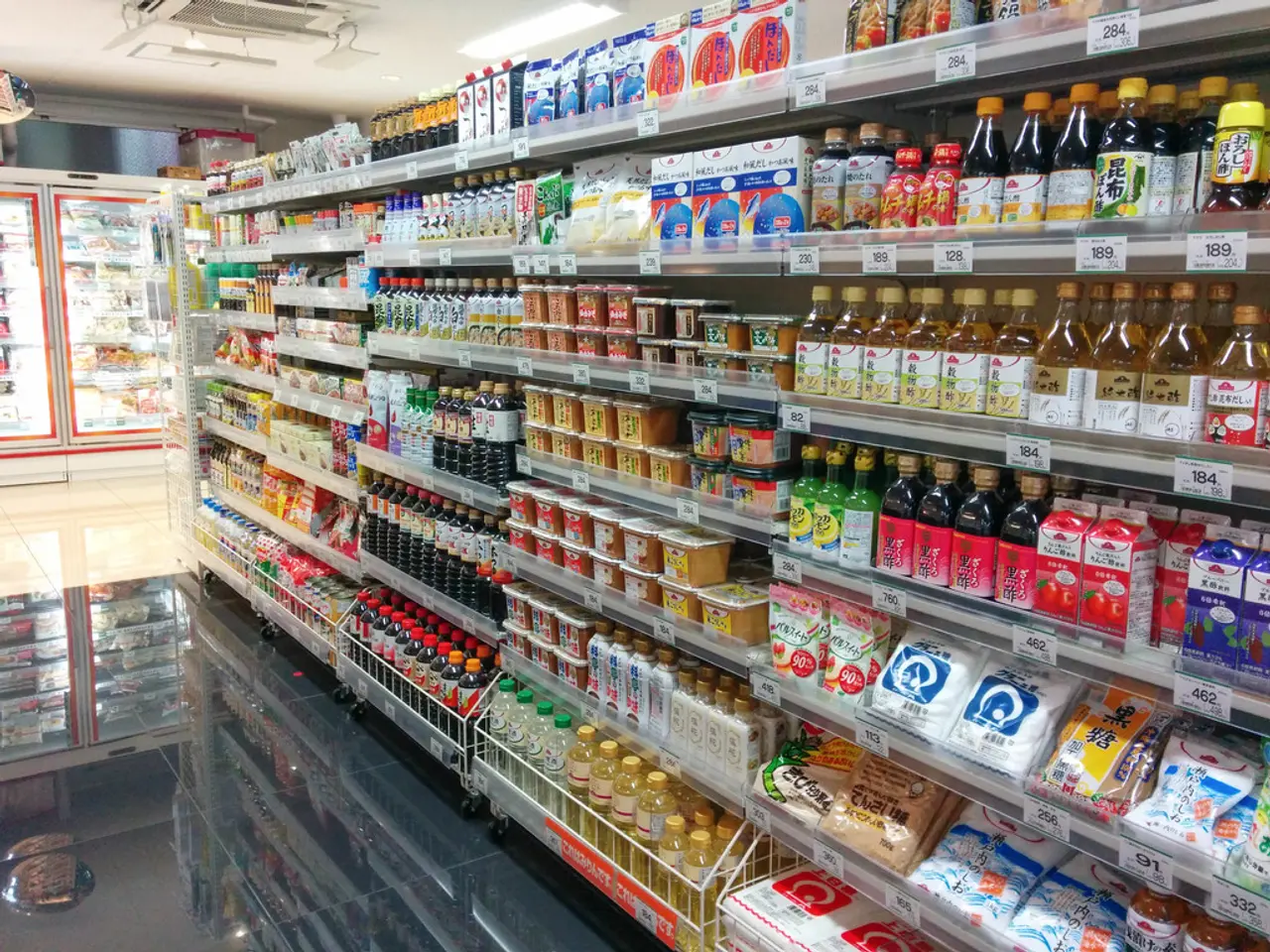Southeast Asian Nations Express 'Significant Concerns' About Current Situation
Kuala Lumpur - Leaders from Southeast Asia expressed "deep concern" on Tuesday over the protectionist policies of the US, during the inaugural summit of countries in the region with China and Gulf states in Kuala Lumpur. The US' decision to impose tariffs has prompted the Association of Southeast Asian Nations (ASEAN) to accelerate efforts to diversify its trade networks.
The three-day summit, attended by the ten ASEAN member countries, China's premier Li Qiang, and the Gulf Cooperation Council (GCC), aimed to strengthen economic and energy cooperation in response to the unpredictable global trade landscape.
In an official statement published on Tuesday, ASEAN expressed worries over the "imposition of unilateral tariffs" that pose challenges to its economic growth and stability. ASEAN reaffirmed its commitment to broaden cooperation with partners to maintain unity in the face of these tariffs.
ASEAN's desire to diversify its trade partners is motivated by the uncertainty associated with economic relations with the US. The organization has traditionally served as an intermediary between powerful economies like the US and China. With the ever-changing economic dynamics between the US and China, it has become increasingly important for ASEAN members to build stronger relationships with other trading partners, such as the Gulf states and China.
Beijing, which has faced harsh tariff hikes from the US, has actively pursued consolidating its other markets. China and ASEAN are already each other's main trading partners, and Chinese exports to several ASEAN member countries have risen since April, as a result of economic rerouting due to US tariffs.
Li Qiang, speaking at the summit, described this gathering as "a response to the call of the times" in an uncertain geopolitical world and emphasized its role as "pioneering work" in regional economic cooperation. Nevertheless, ASEAN has yet to impose retaliatory tariffs against Washington, unlike China.
Malaysian Prime Minister Anwar Ibrahim assured that ASEAN will continue to engage in dialogue with both Washington and Beijing while emphasizing the importance of maintaining balanced relations with both powers. Anwar revealed that he had written to former President Trump to request an ASEAN-US summit this year.
The South China Sea tensions between several ASEAN member countries and China continue to strain their relationships. Philippine President Ferdinand Marcos Jr. emphasized the need for a legally binding Code of Conduct in the region at the meeting.
In all, this summit offers an opportunity for ASEAN countries to negotiate openly with the US while deepening their economic ties with China and adapting to the shifting geopolitical and trade landscape. This delicate balancing act is crucial for ASEAN’s stability and sustained prosperity amid the uncertainties brought about by global trade dynamics.
- Despite the US' protectionist policies, evident in the imposition of tariffs, ASEAN has reaffirmed its commitment to broaden cooperation with partners like China and Gulf states, recognizing the importance of maintaining unity in the face of these challenges.
- The unpredictable global trade landscape has pushed ASEAN to accelerate efforts to diversify its trade networks, moving away from over-reliance on the US market and exploring opportunities with alternative trading partners such as China and the Gulf states.
- The ongoing geopolitical and trade dynamics, particularly between the US and China, have made it crucial for ASEAN members to engage in policy-and-legislation discussions that foster stronger relationships with various trading partners, consequently ensuring their economic growth and stability.




